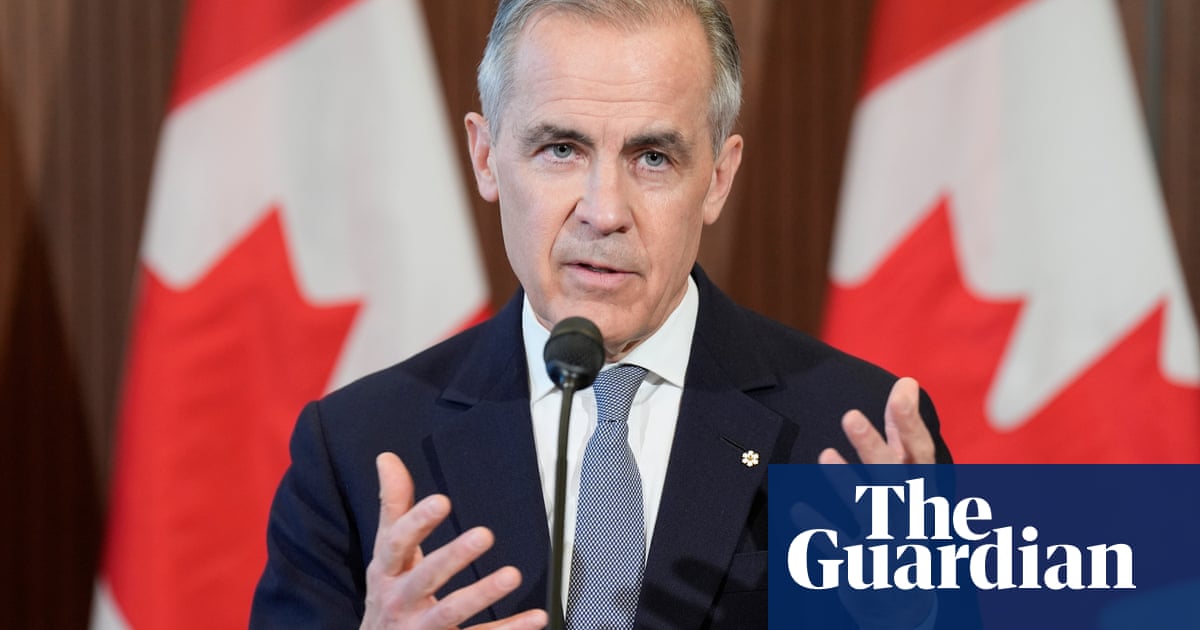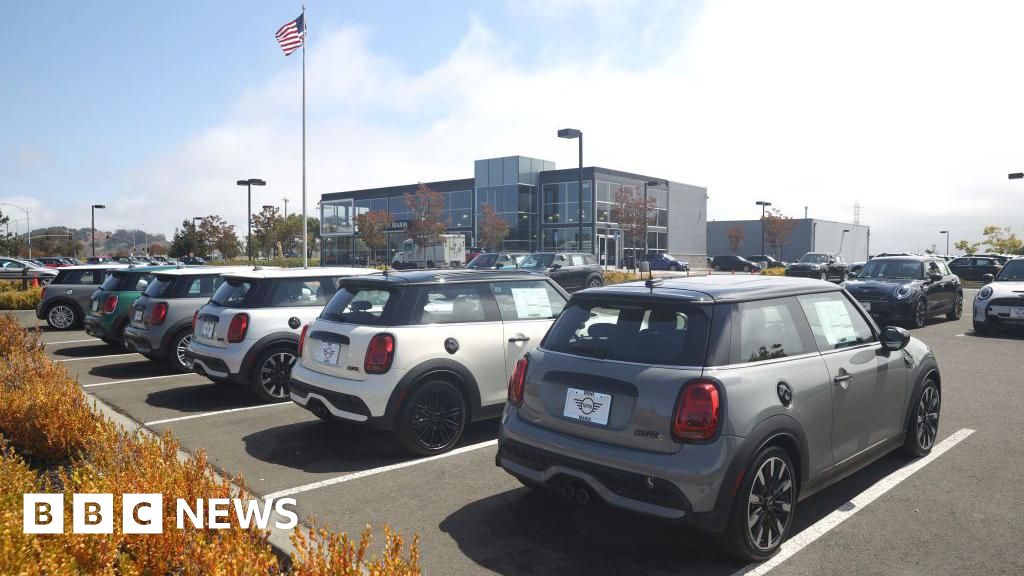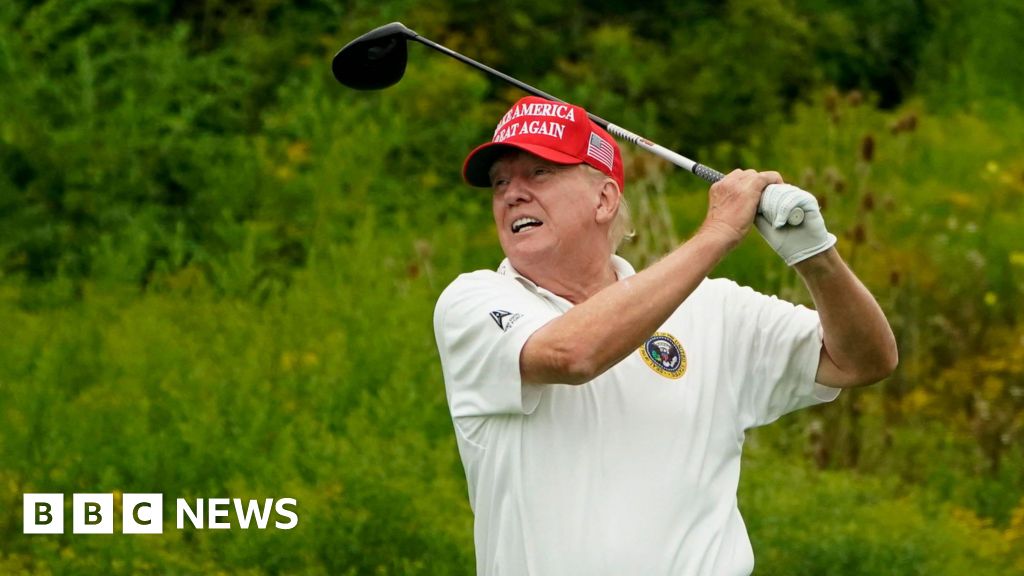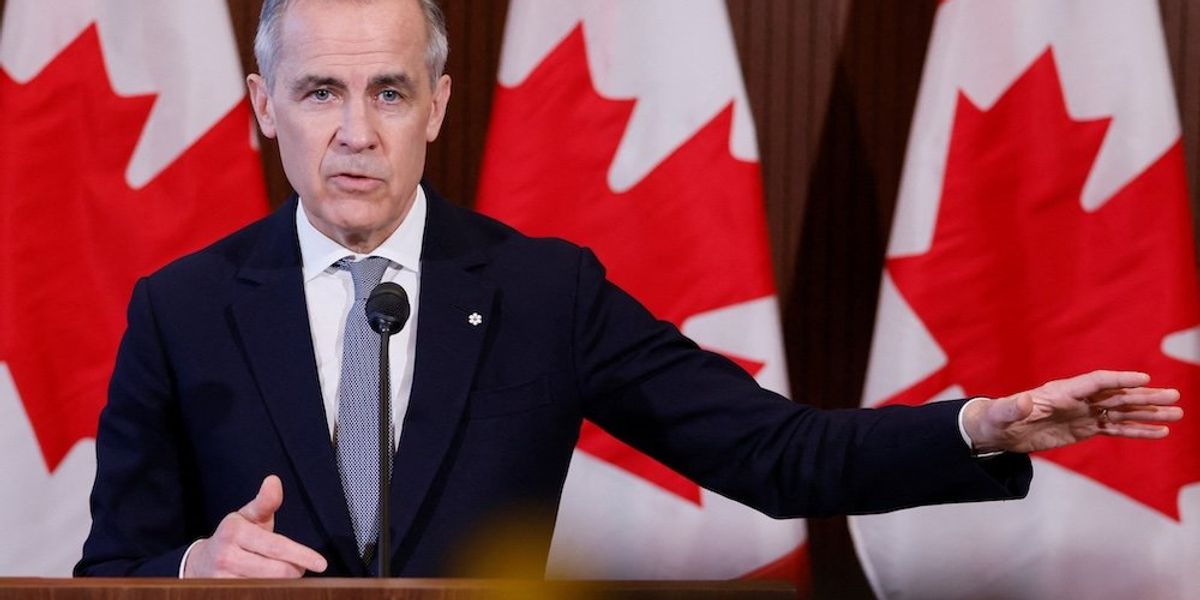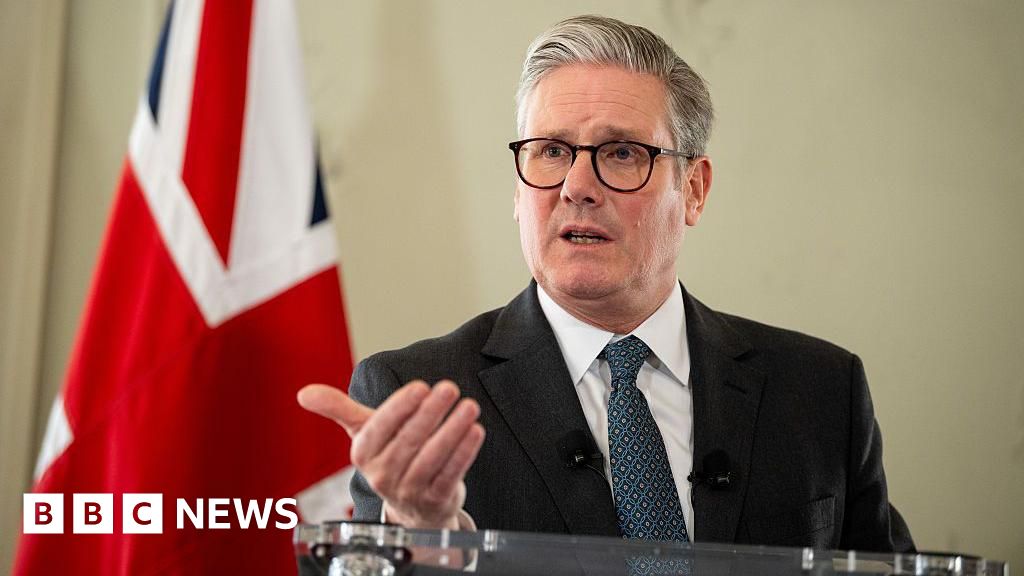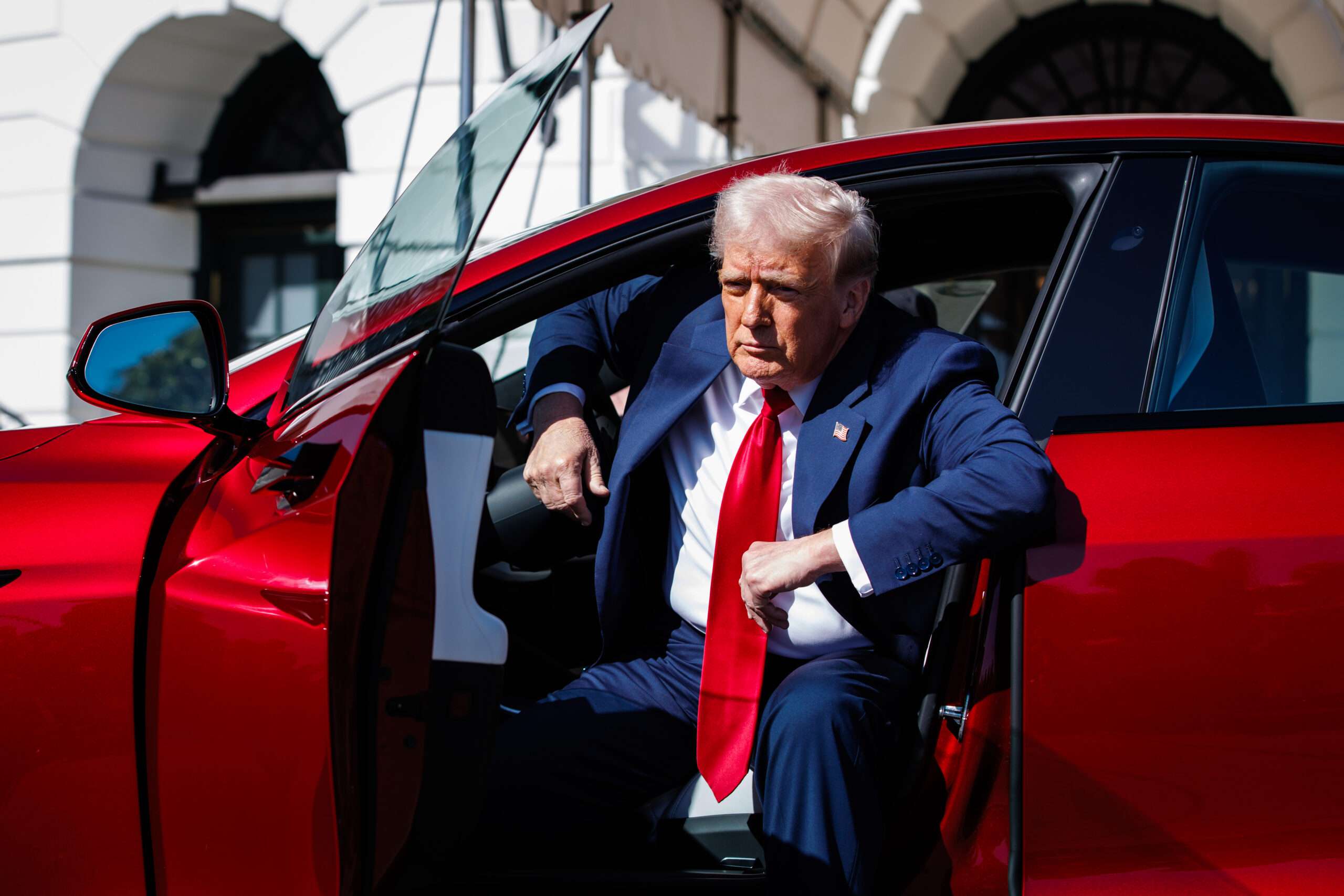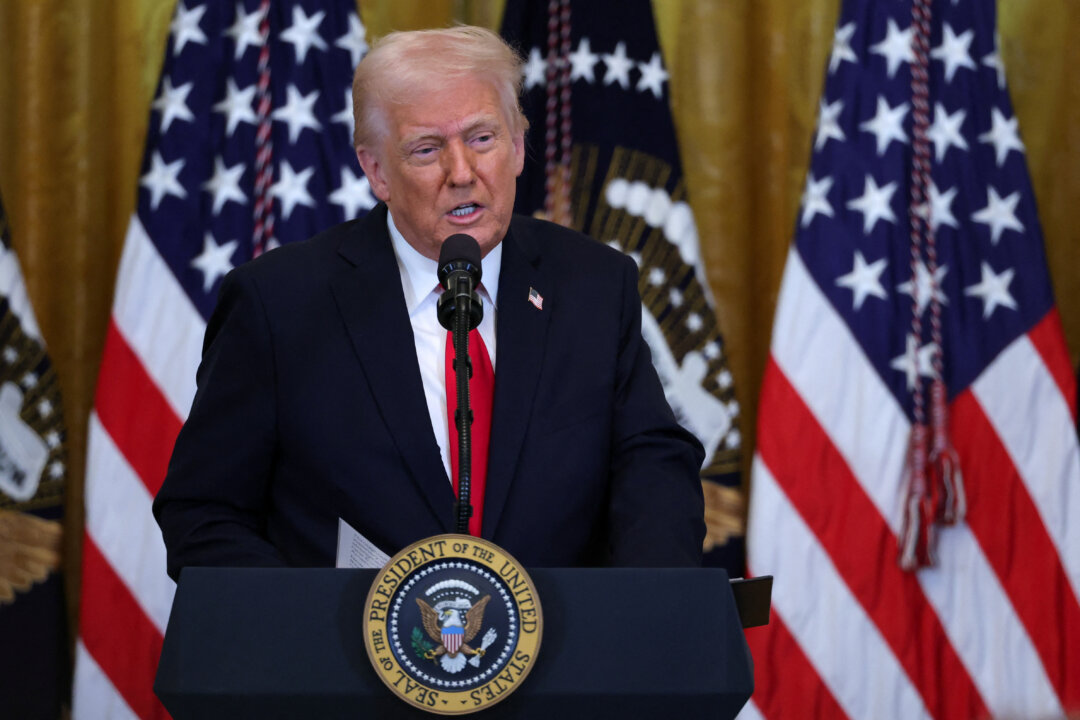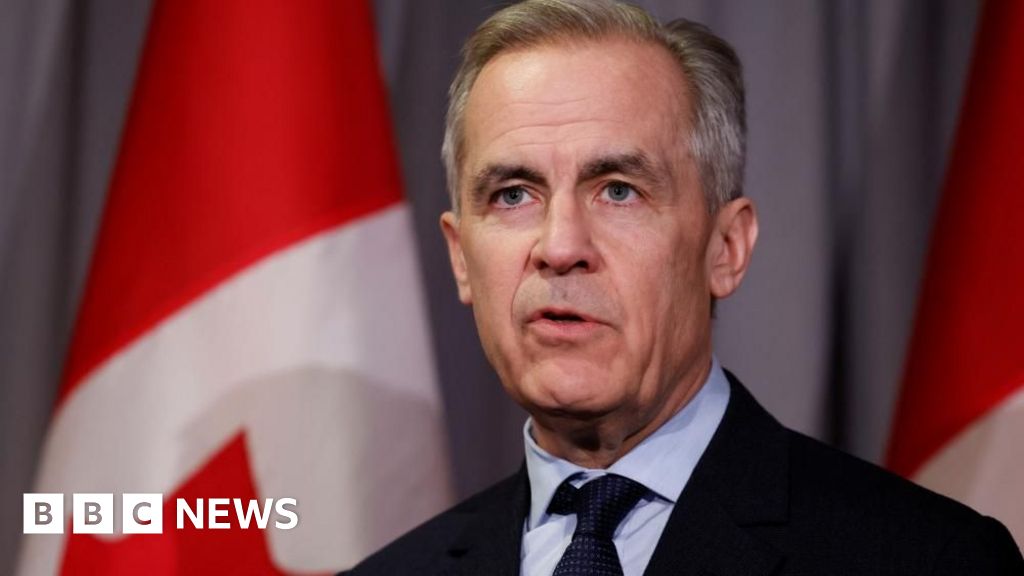Trade Tensions Escalate: Canada and Vietnam Respond to Trump's Tariffs on Autos
In light of President Trump's new 25% tariffs on auto imports, Canada and Vietnam are adjusting their trade strategies with significant implications.
Subscribe to unlock this story
We really don't like cutting you off, but you've reached your monthly limit. At just $5/month, subscriptions are how we keep this project going. Start your free 7-day trial today!
Get StartedHave an account? Sign in
Overview
Amid President Trump's announcement of a 25% tariff on foreign vehicles set to take effect on April 2, Canadian Prime Minister Mark Carney is preparing retaliatory measures, including a CA$2 billion fund aimed at supporting the domestic auto sector amid rising Canadian patriotism and upcoming elections. Meanwhile, Vietnam's Prime Minister Pham Minh Chinh is pursuing a diplomatic approach, keenly aware that despite a substantial trade deficit with the U.S., he may not be able to avert tariffs entirely, especially given concerns over Vietnam’s relationship with China. Analysts predict significant ramifications for both countries as they adapt to these new trade dynamics.
Report issue

Read both sides in 5 minutes each day
Analysis
- Canadian PM Mark Carney criticized Trump's tariffs, stating they harm American workers and consumers while jeopardizing trade relations.
- Trump's tariffs may raise the cost of cars in the U.S. and threaten jobs due to the interconnected nature of North American auto manufacturing.
- Industry responses vary, with some supporting Trump's efforts to boost domestic production while others warn of negative consequences for consumers.
Articles (25)
Center (17)
FAQ
No FAQs available for this story.
History
- 7M

 4 articles
4 articles
- 7M

 6 articles
6 articles


